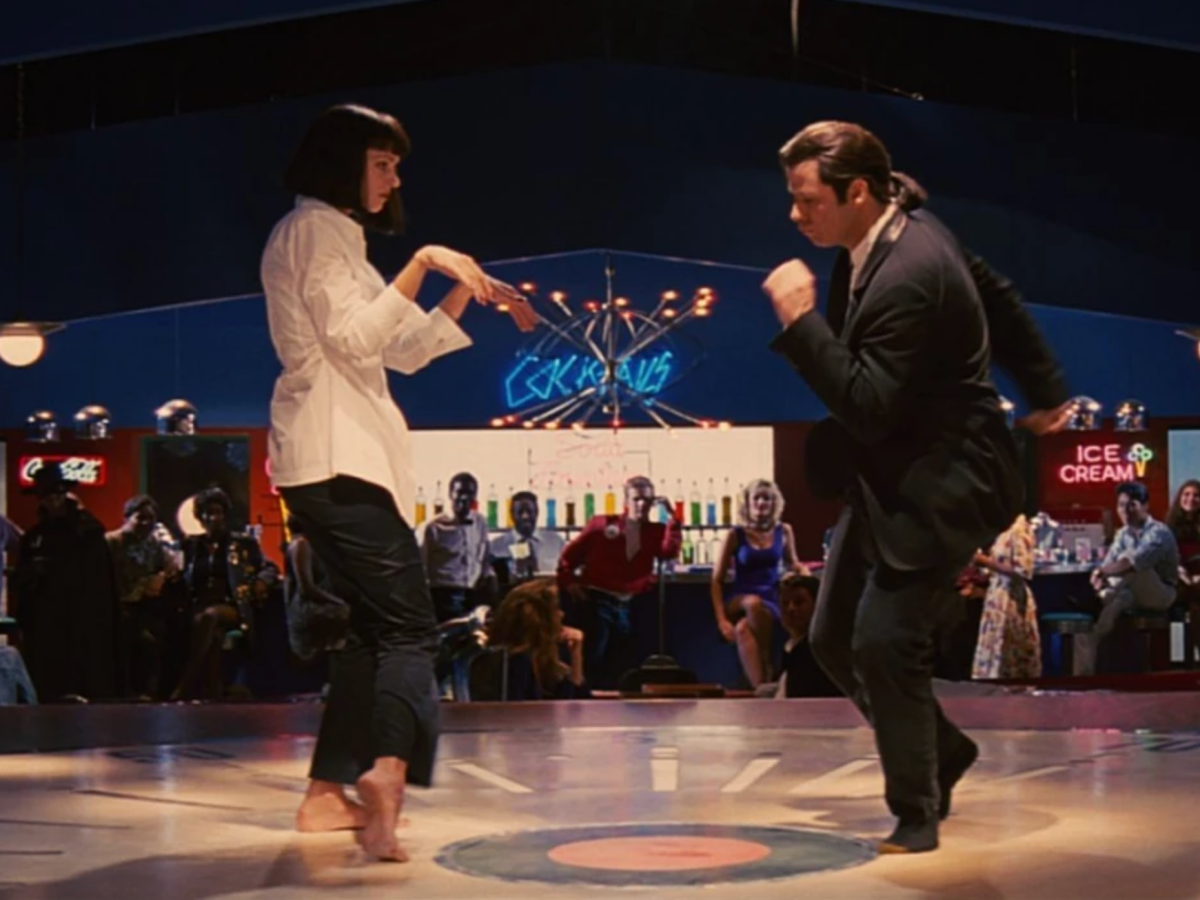
The Best Films of the 1990s Decade
The greatest films of the 1990s, from America’s independent cinema to the start of the digital age.
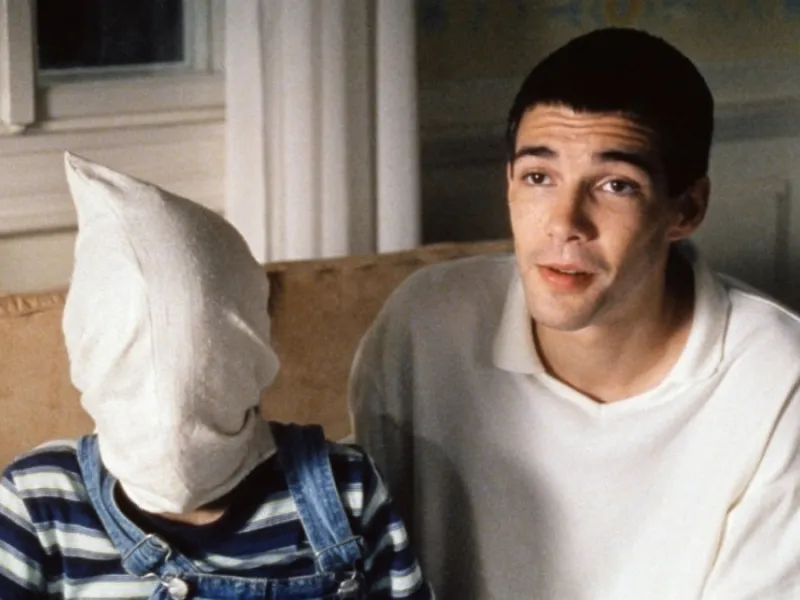
Funny Games (1997)
There is a perverse ritualism to the torture that two young strangers exact on one helpless family in Funny Games, and yet in Michael Haneke’s disturbing piece of horror metafiction they are simply the storytellers serving the gratuitous tastes of us, their audience, who guiltily respond to their sadistic manipulation of narrative conventions with fear, shock, and awe.
Keep reading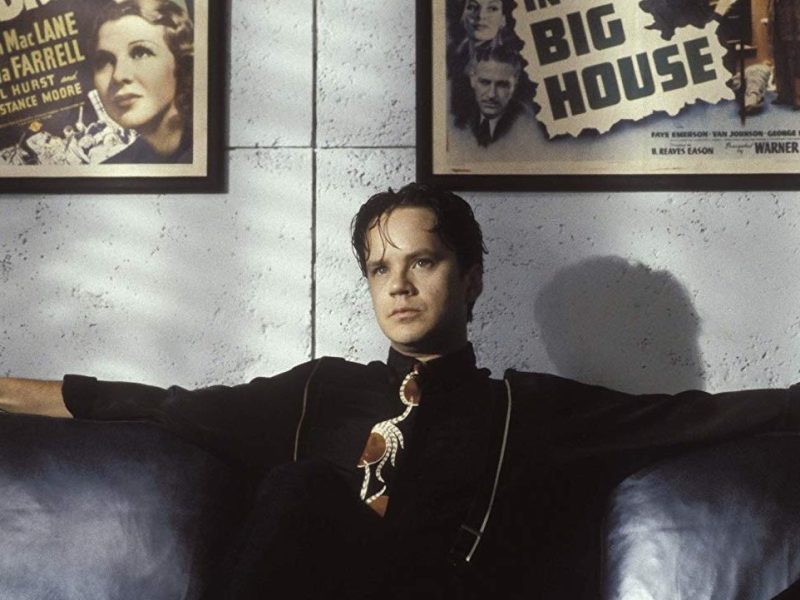
The Player (1992)
Through the satirical crime plot of a movie studio executive who accidentally kills a rejected writer, The Player offers a subversive metacommentary on a modern, commercialised Hollywood that places profits above art, as Robert Altman disturbingly exposes an insidiousness baked into its manufactured narrative conventions.
Keep reading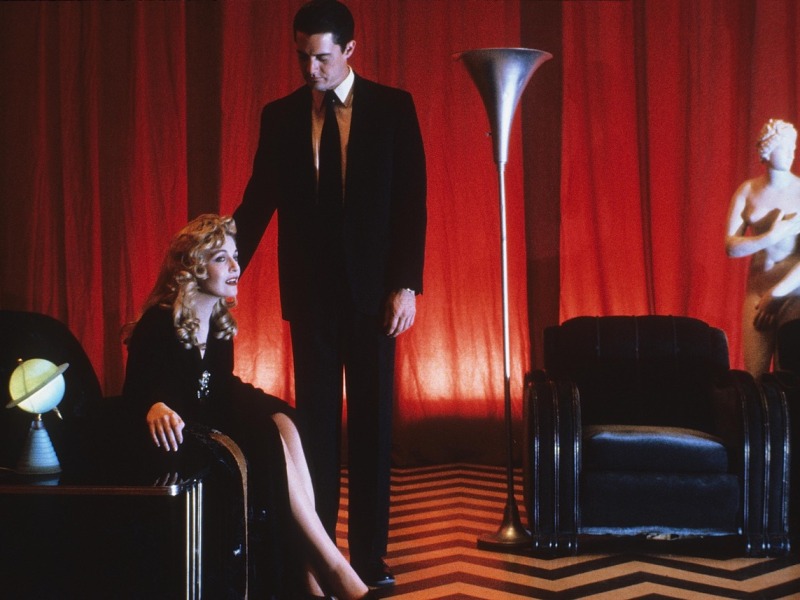
Twin Peaks: Fire Walk with Me (1992)
Salvation is but a distant dream for doomed prom queen Laura Palmer in Twin Peaks: Fire Walk with Me, even as its shallow façade casts a sleepy spell over her blissfully deluded town, letting this all-American sweetheart spiral into a tragic self-destruction brought on by unresolved traumas drawn out through David Lynch’s surreal, psychological horror.
Keep reading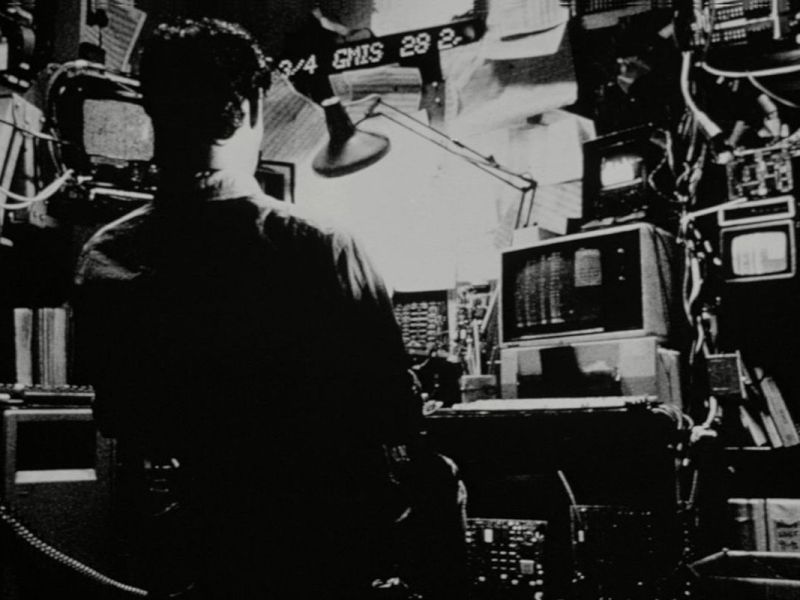
Pi (1998)
True order is found not by trying to penetrate a complex universe in Pi, but rather by accepting its dazzling, wondrous incomprehensibility, as Darren Aronofsky submits us to a character study of psychedelic focus that submits us to one mathematical genius’ delusional obsessions.
Keep reading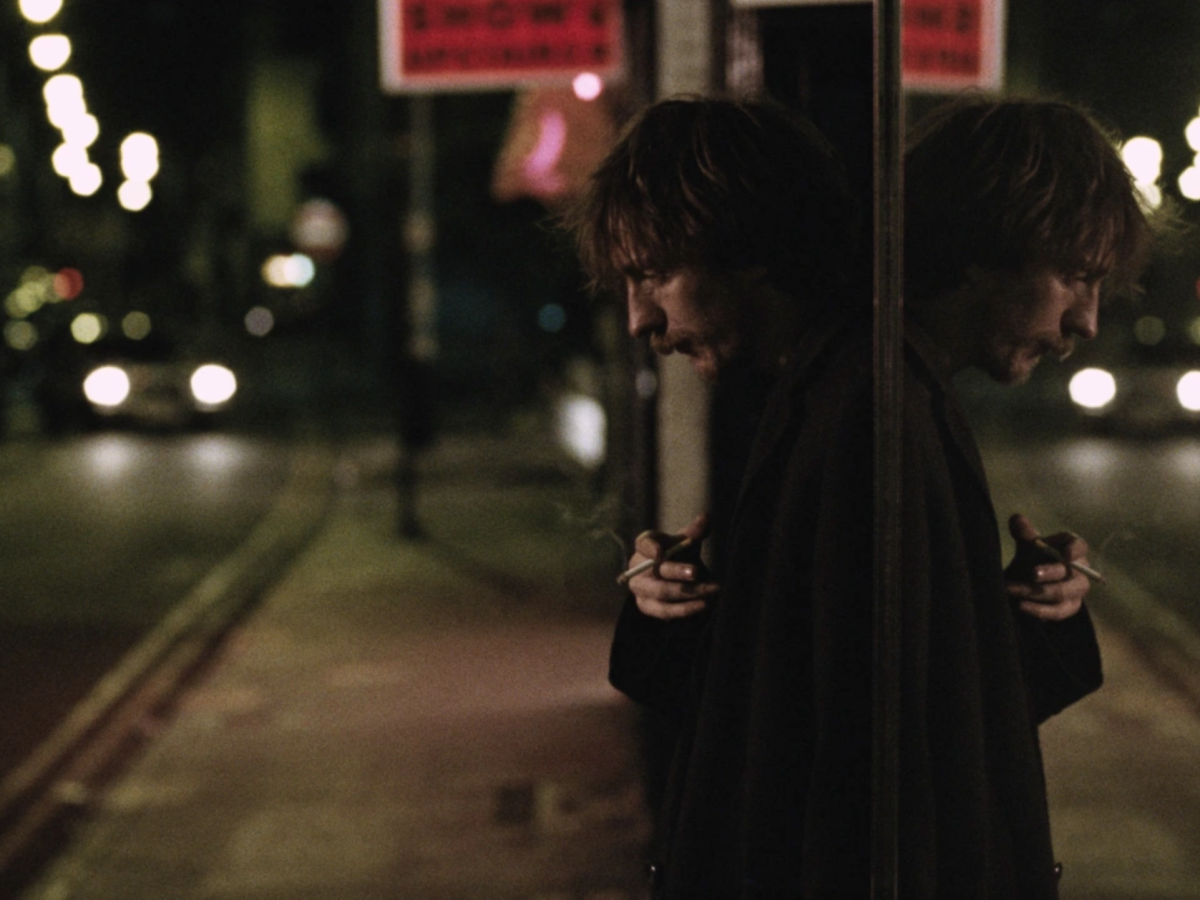
Naked (1993)
Like a man ready to tear the world down with him on his way to hell, there is no real direction to Johnny’s intellectual bullying through London’s nocturnal streets in Naked, yet around him Mike Leigh constructs a character study of such immense nihilism that even he can’t escape the miserable darkness he emits.
Keep reading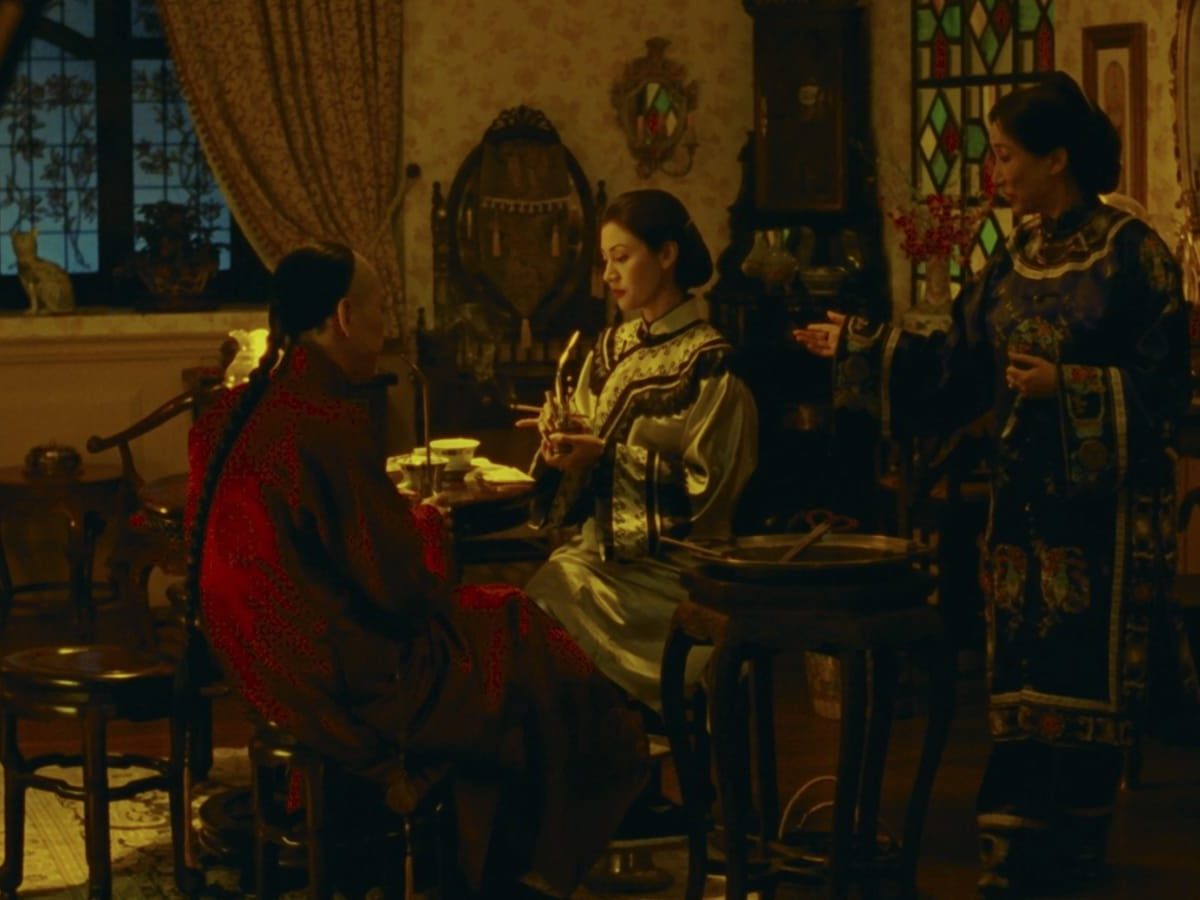
Flowers of Shanghai (1998)
Nineteenth century China has never felt so tangibly cinematic as it does in Flowers of Shanghai, examining the blurred boundaries that lie between sex and business in its most frequented pleasure houses, and positioning us through Hou Hsiao-hsien’s floating camera and elliptical structure as silent observers of its sharply gendered politics.
Keep readingLoading…
Something went wrong. Please refresh the page and/or try again.

